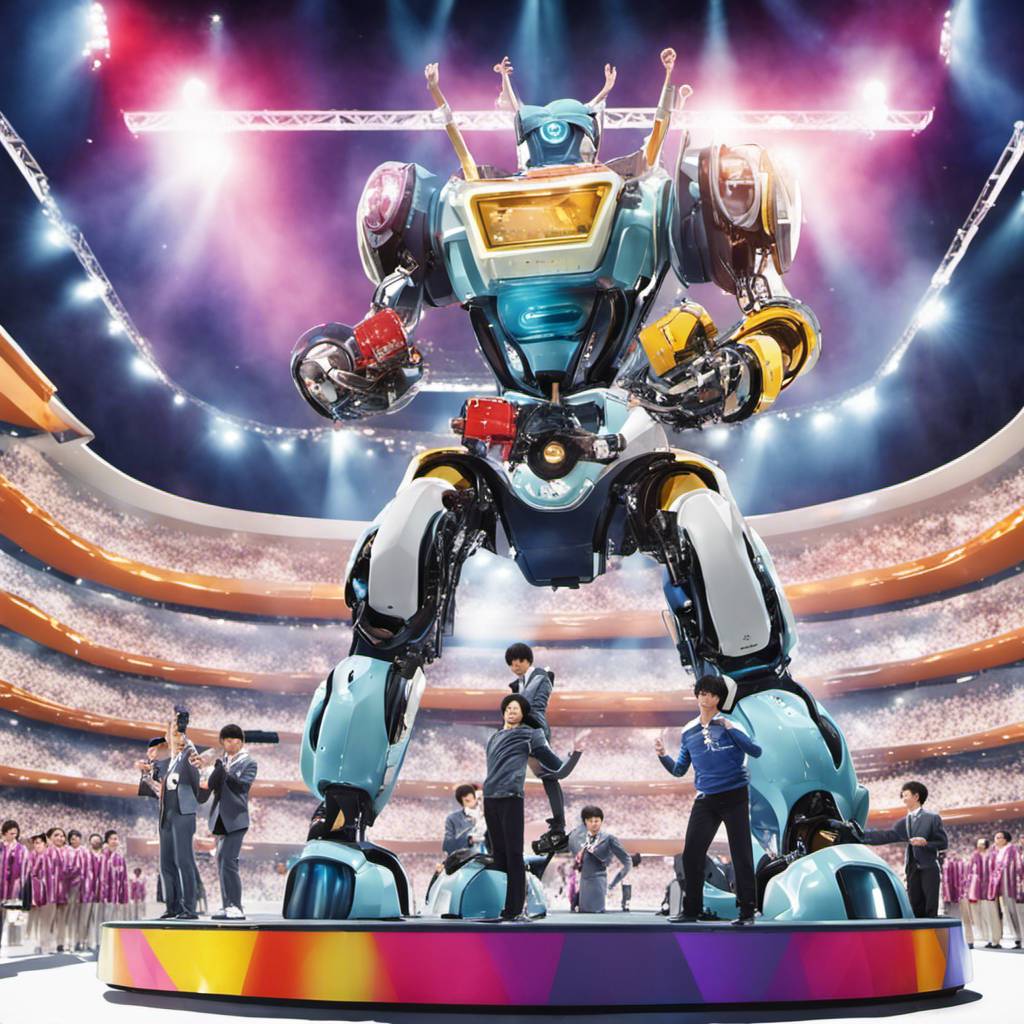In a dazzling display of robotics and engineering prowess, Japan’s Toyohashi University of Technology has emerged victorious in the prestigious ABU Asia-Pacific Robot Contest, also known as ABU Robocon. The competition, which is a flagship event of the Asia-Pacific Broadcasting Union, was established in 2002 and has since become a hotbed for robotic innovation and international collaboration.
This year’s event, hosted by the National Television of Cambodia (TVK), saw fierce competition among 14 teams from 13 countries and territories. Each team presented their unique robotic designs, demonstrating their skills in electronics, computers, programming languages, and coding. The contest aims to cultivate the next generation of leaders in robotics and engineering while promoting friendship and cooperation among participants.
Toyohashi University’s triumph in the competition reinforces Japan’s reputation as a global leader in the field of robotics. The university bagged the coveted Grand Prix Award, edging out stiff competition from Hong Kong, who secured the 1st runner-up spot. China and Vietnam jointly clinched the 2nd runner-up position, further showcasing the technological strength of Asian contenders.
The competition also celebrated innovation and creativity in robotics. China walked away with the Best Idea Award for their inventive approach to robotics, while Vietnam received the Best Engineering Award for their technical expertise. Hong Kong was recognized with the Best Design Award for their fusion of aesthetics and functionality in their robot design.
Cambodia, this year’s host nation, also had its moment in the spotlight. The country’s two teams put on strong performances, with Team One receiving the Toyota Award and Team Two garnering the Panasonic Connect Award. These accolades underline Cambodia’s growing prominence on the global robotics stage.
Speaking at the event, Minister of Labour and Vocational Training Heng Sour noted the importance of such platforms in encouraging young people to embrace technological advancements. He was echoed by Ahmed Nadeem, secretary-general of the Asia-Pacific Broadcasting Union, who expressed his excitement at seeing the contest return after a pandemic-induced hiatus.
The competition presented teams with challenging tasks such as creating robots that could “shower flowers over the iconic temples of Angkor Wat” and “launch rings onto slender poles”. These tasks tested not only the technical skills of the participants but also their innovative thinking and problem-solving abilities.
The competition was also a visual spectacle, featuring robotic elephants navigating around Angkor Wat and robotic rabbits maneuvering through the temple’s terraces. Beyond being a contest, it was a celebration of technology, innovation, and international camaraderie.
Despite not securing a formal ranking due to the advanced competition, Cambodia’s teams were honored with special awards by their fellow competitors. This recognition speaks to Cambodia’s commitment to technological innovation and its significant contributions to global robotics.
Pang Nath, Deputy Director General of TVK and one of the driving forces behind the competition, expressed his pride in Cambodia’s performance. He told The Post: “In terms of rankings, Cambodia stood shoulder to shoulder with more technologically advanced nations”.
With ABU Robocon 2023 set to make a lasting impact on Cambodia’s technological landscape, it’s clear that this event is more than just a competition. It’s a catalyst for innovation and teamwork, signaling a bright future for technology in the region.
